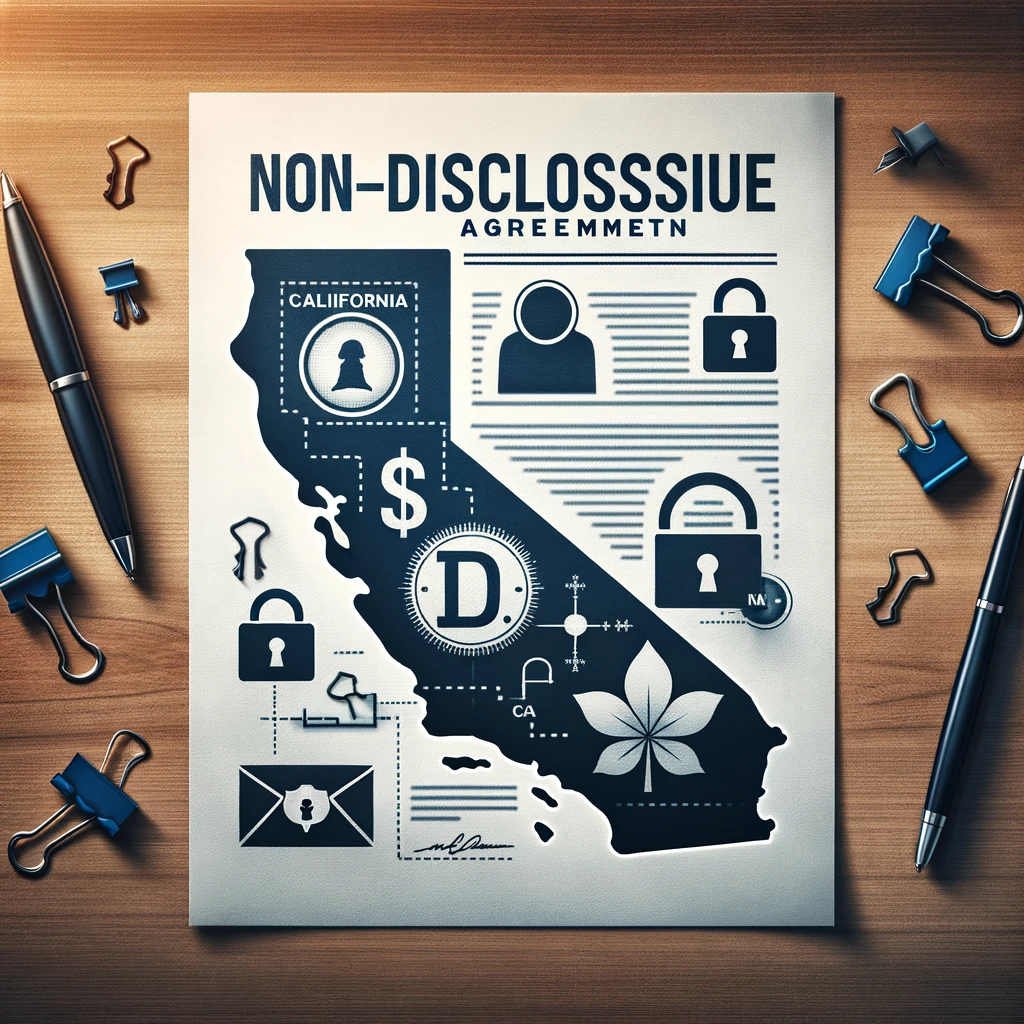Crafting a Non-Disclosure Agreement in California: A Complete Guide for 2023
In the dynamic business environment of California, protecting sensitive information is paramount for companies of all sizes. A Non-Disclosure Agreement (NDA), also known as a confidentiality agreement, plays a crucial role in safeguarding trade secrets, proprietary data, and other confidential information. This comprehensive guide explores the essential elements, legal considerations, and best practices for drafting an effective NDA in California, ensuring your business's intellectual assets are protected.
Understanding Non-Disclosure Agreements
An NDA is a legally binding contract that prohibits the recipient of confidential information from disclosing it to unauthorized parties. In California, the enforceability and specifics of NDAs are governed by both state laws and federal regulations, emphasizing the need for careful drafting to avoid legal pitfalls.
Key Elements of an NDA
Definition of Confidential Information: Clearly specify what constitutes confidential information, including exceptions.
Obligations of the Receiving Party: Outline the duties to protect and limit the use of confidential information.
Term: The duration for which the NDA remains in effect.
Remedies for Breach: Specify the legal recourse available if the agreement is violated.
For authoritative legal definitions and guidelines, resources such as The California Legislative Information website and Stanford University's Hoover Institution provide valuable insights into state-specific regulations.

Legal Considerations in California
California's approach to NDAs is influenced by its strong public policy favoring employment mobility and innovation. The state's Business and Professions Code Section 16600 generally prohibits agreements that restrain an individual's ability to engage in their profession, with certain exceptions for trade secret protection.
Trade Secret Protection: California law allows for NDAs to protect legitimate trade secrets as defined by the Uniform Trade Secrets Act.
Employee Rights: NDAs should not infringe on employees' rights to work or limit their ability to report unlawful acts.
Consulting with legal experts and reviewing resources from The California State Bar can help ensure your NDA complies with these nuanced requirements.
Drafting and Implementing an Effective NDA
To draft an NDA that is both effective and compliant with California law, consider the following best practices:
Customization: Tailor the NDA to the specific needs and circumstances of your business and the information being protected.
Clarity and Precision: Use clear, concise language to define terms and obligations, avoiding broad or ambiguous terms that could challenge enforceability.
Mutual vs. Unilateral: Determine whether the NDA should be mutual, protecting confidential information shared by both parties, or unilateral, protecting one party's information.

Create & Review Your Contracts 10x Quality and Ease
Lawyer-level AI handles all your contract needs, with real lawyers providing safeguarding support

Navigating Disputes
In the event of a dispute, California NDAs should include provisions for resolution, such as arbitration or litigation, specifying jurisdiction and applicable law. Understanding the dispute resolution mechanism is crucial for enforcing the agreement.
Conclusion
Non-Disclosure Agreements are vital tools for businesses in California to protect their proprietary information and maintain competitive advantages. By adhering to legal standards, employing clear drafting practices, and staying informed about legislative changes, companies can effectively safeguard their confidential assets.
For further exploration of NDAs and their legal implications, visiting Wikipedia and educational platforms like The University of California, Berkeley, School of Law can provide broader insights and resources.

